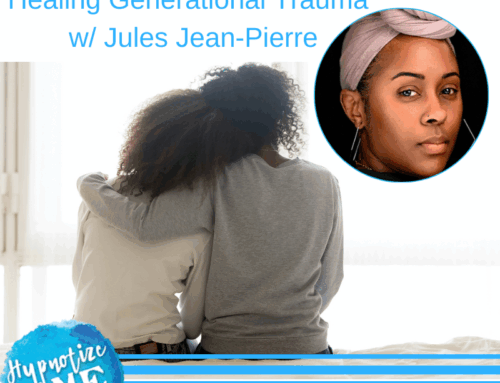Are you a Borderline Personality Disorder Mom (BPD / BP Mom)?

Call Dr. Liz for a free consultation about treatment for BPD 954-309-9071.
This is a BIG question, yes, indeedy. But before you run off and take a quiz and decide you have BPD or are a BP mom, I want you to know the following:
- You are not awful.
- You are not insane.
- You are not a horrible mom.
- Chances are you’re a lovely, sensitive person.
- You are can free yourself from daily pain.
- You can improve your problem-solving skills.
- You can feel more stable and be more present to your family and loved ones.
I’m going to reference “mom” here rather than saying “mom or dad” because the vast majority of BP people are women.
Let’s start with You are not a horrible mom. You may feel like a horrible mom right now. You may feel like you do awful things like yell at your kids too much or check out sometimes, just completely ignoring them, or even feel violent towards them sometimes. (Notice I said feel. Most moms have those feelings occasionally. Standard therapist warning: If you’re acting on those feelings, you need to get some help ASAP.)
You don’t have to feel that way or be that way. You can feel better and more stable. You can learn concrete skills to handle your feelings and mood swings better. You can learn skills to not want to go off on someone or create a scene or cry all the time. You can learn concrete skills to decrease overwhelming anxiety or feelings that somehow you shouldn’t be here or shouldn’t be a mom.
You can learn skills to not engage in harmful behaviors and to feel more of a stable sense of self, knowing who you are and what you believe.
BPD is Treatable
In my practice in Hollywood, FL (Broward County), we do both talking and actual worksheets to help you learn skills and not just feel better, but be a better mom, partner, friend, and daughter (if that’s your goal).

It is not quick. It is not painless. It is not “In 5 sessions or less” type of therapy. But therapy for BPD is highly researched and very effective.
Most professionals call BPD treatment “Recovery.” It is an excellent name for it. Learning about your BP and learning skills is a process of “recovery.” It is not quick. It is not painless. It is not “In 5 sessions or less” type of therapy. But it is highly researched and very effective.
You can function much better and feel more stable when you work on your skills, have good support, talk out something that sets you off before reacting or deciding how to respond. Reactivity goes way down when you do consistent self-care – yoga, walking, sleeping enough, etc. BP is for life but so is BP recovery. You can be higher functioning on a daily basis.
Now Are you a Borderline?
Don’t freak out when you read this. There are various levels and people aren’t always doing all of these behaviors. In particular, BPD moms, who I mainly see in my practice, are not doing a lot of the impulsive, riskier “pain management behaviors.” Also know that a lot of these feelings create Anxiety, like overwhelming anxiety sometimes so part of the work in therapy is to decrease the Anxiety.
The following are hallmarks of borderline personality disorder:
- Intense fear of abandonment, real or imaginary.
- Having intense relationships with lots of conflict, and seeing the other person as “all-good” or “all bad.”
- Feeling unsure about one’s identity; a lack of “personhood” or non-existence. Feeling empty, like one has a black pot inside them that can never fill up.
- Engaging in impulsive “pain management” behaviors, such as going on spending sprees, having promiscuous sex, driving recklessly, abusing drugs or alcohol, binge eating, breaking the law, threatening suicide or making attempts, and engaging in self-harm.
- Being emotionally unstable: frequent and fast mood changes; uncontrolled, intense anger and rage; and intense sadness and irritability.
- Paranoia in very stressful situations; episodes of numbness or “zoning out” or “dissociation” (feeling numb or “zoned out”).
Do you still want to take a quiz to see if you’re BPD?
Here is One you can take at BPDdemystified.com : Click Here
If you scored in the range where they recommend that you get help, then find someone in your area who is knowledgeable about BPD treatment. I do use DBT informed workbooks and strategies in therapy. I don’t believe that high functioning borderlines need intensive DBT treatment, by the way. Intensive DBT usually involves group work and twice a week sessions. Weekly sessions can be enough for someone who is higher functioning. Sometimes that varies, too. Someone can be functioning well but then hits a crisis . . . so then sessions  increase to twice a week for a period of time. Then we go back to our regular schedule.
increase to twice a week for a period of time. Then we go back to our regular schedule.
I specialize in Hypnosis, Anxiety, BPD, and helping adult children of Toxic Parents feel more stable. To make an appointment, call 954-309-9071.
Yours in health,
Dr. Liz






